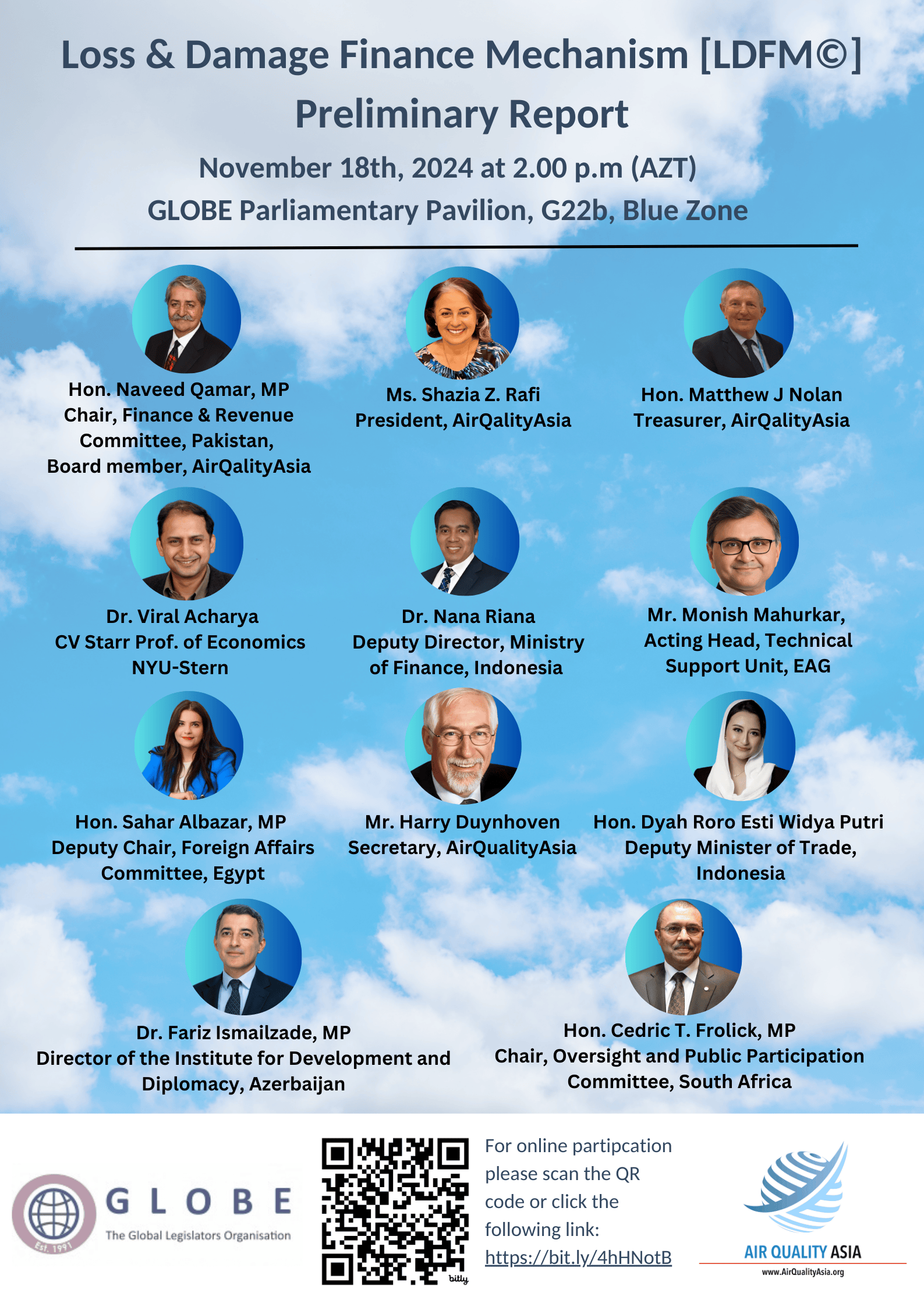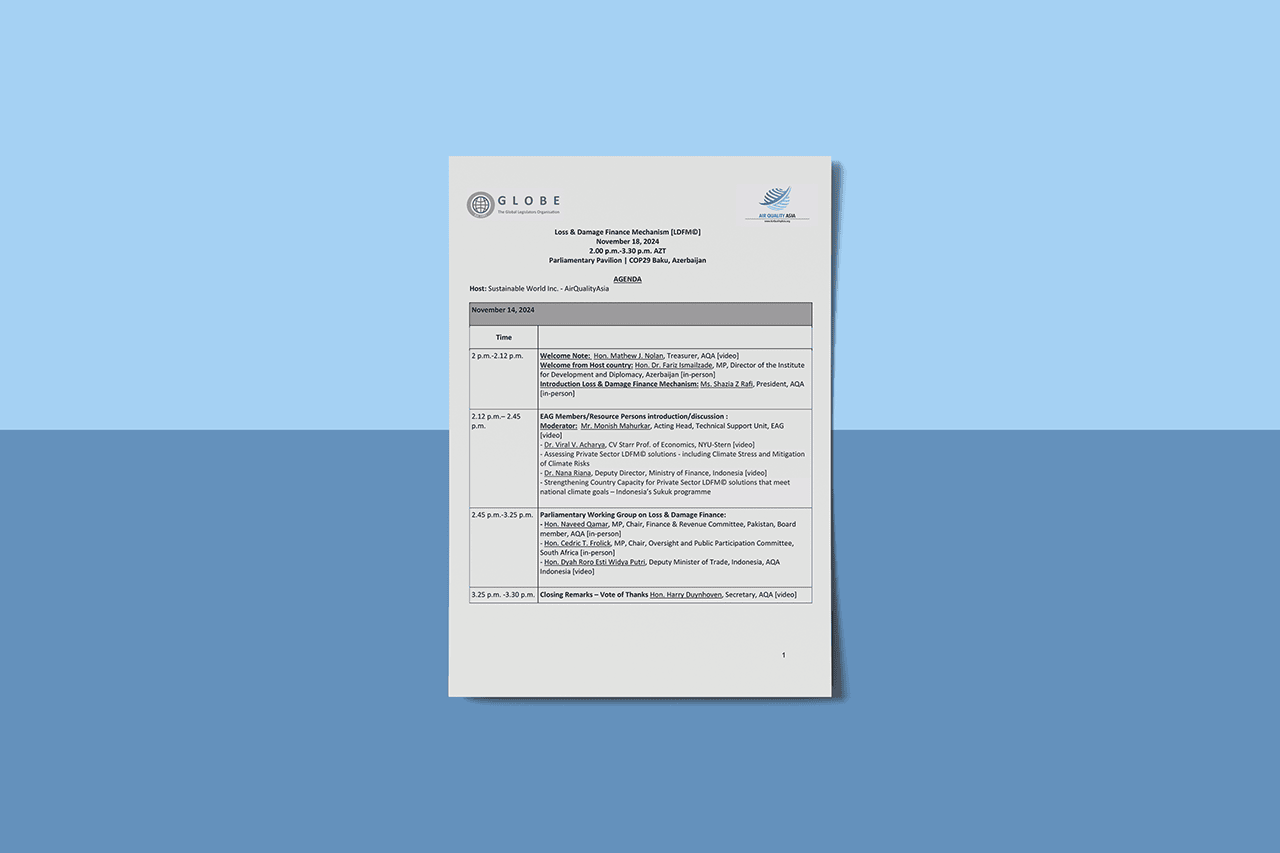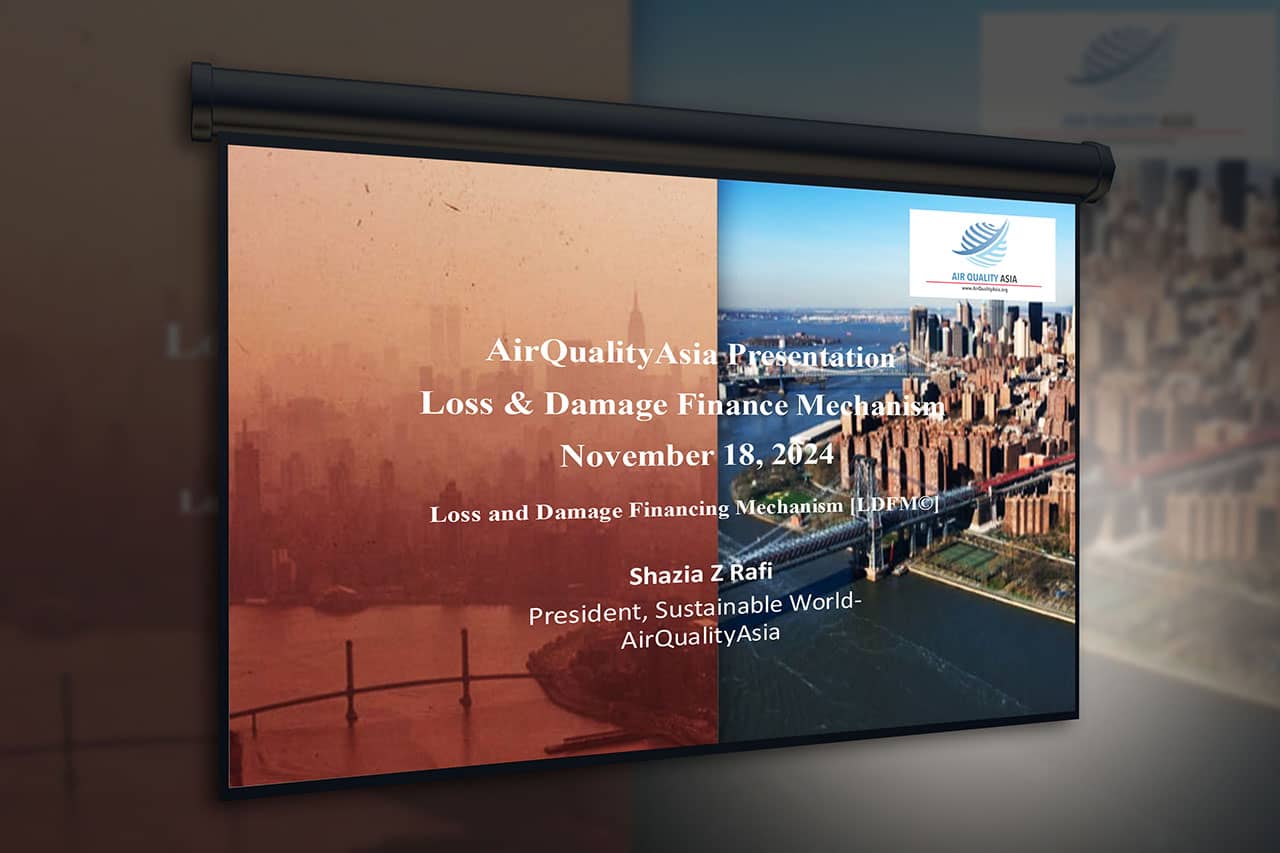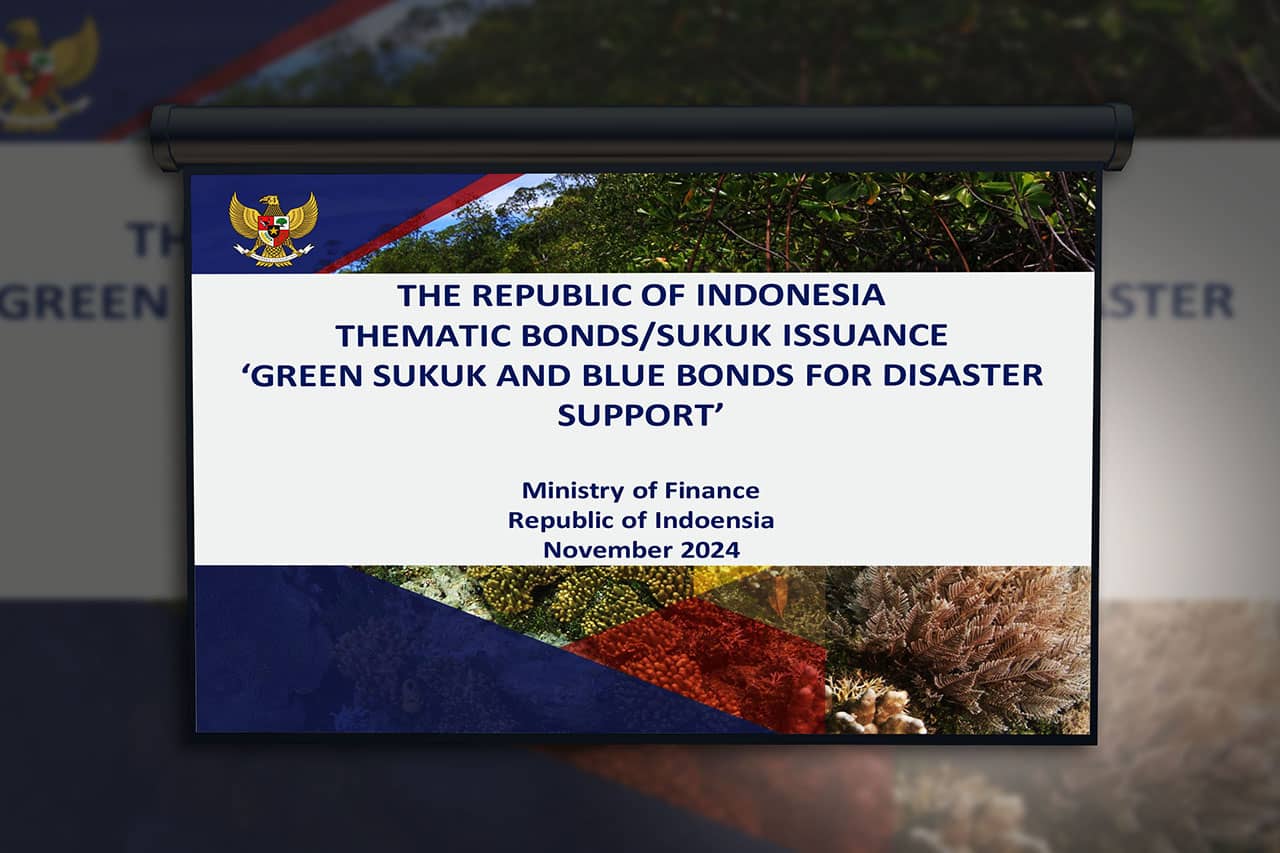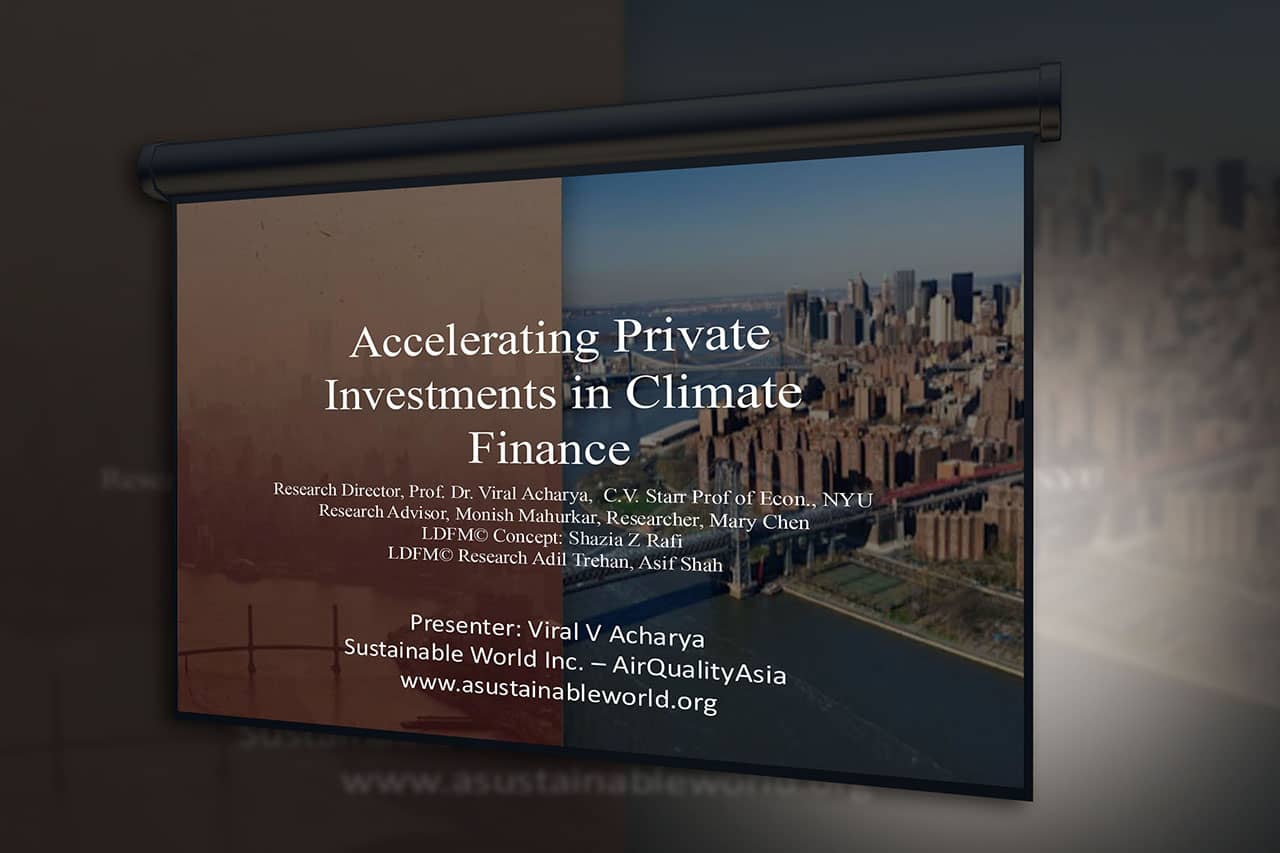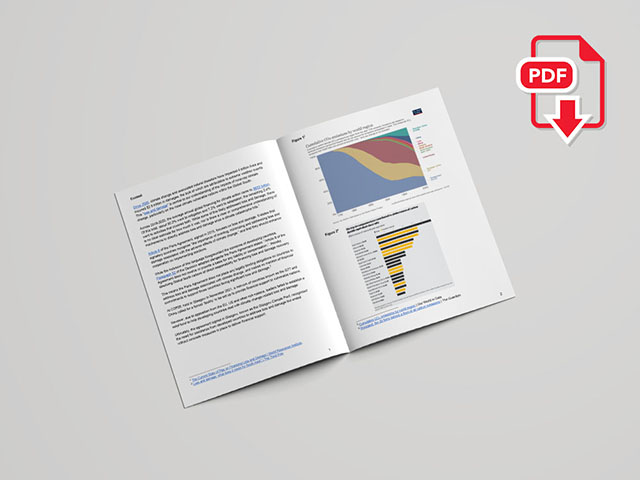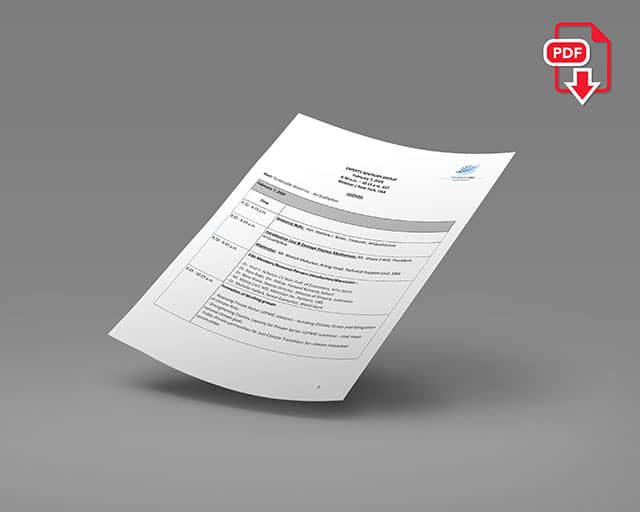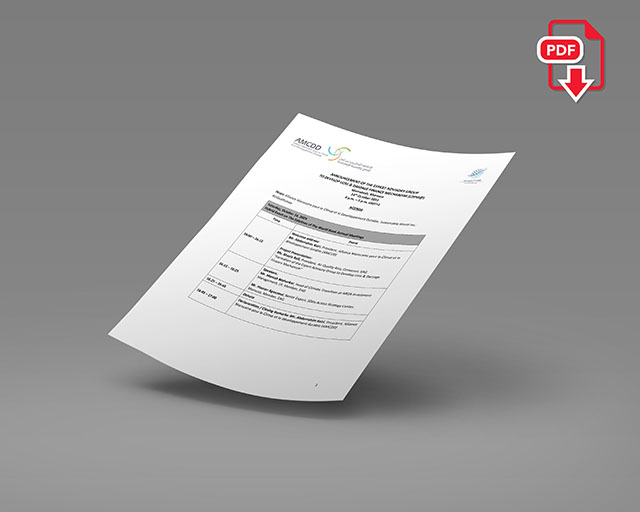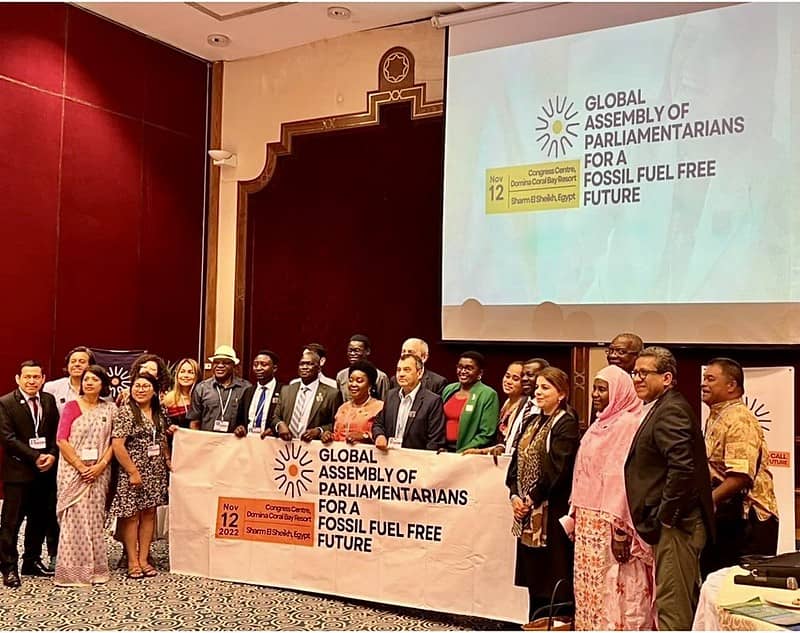Loss and Damage Finance Mechanism
$168 billion
Cost of 10 biggest climate events in 2022 (US$)
$30 billion
Cost of June-Septmber floods in Pakistan in 2022
0.6%
Pakistan's proportion of global emissions in 2022
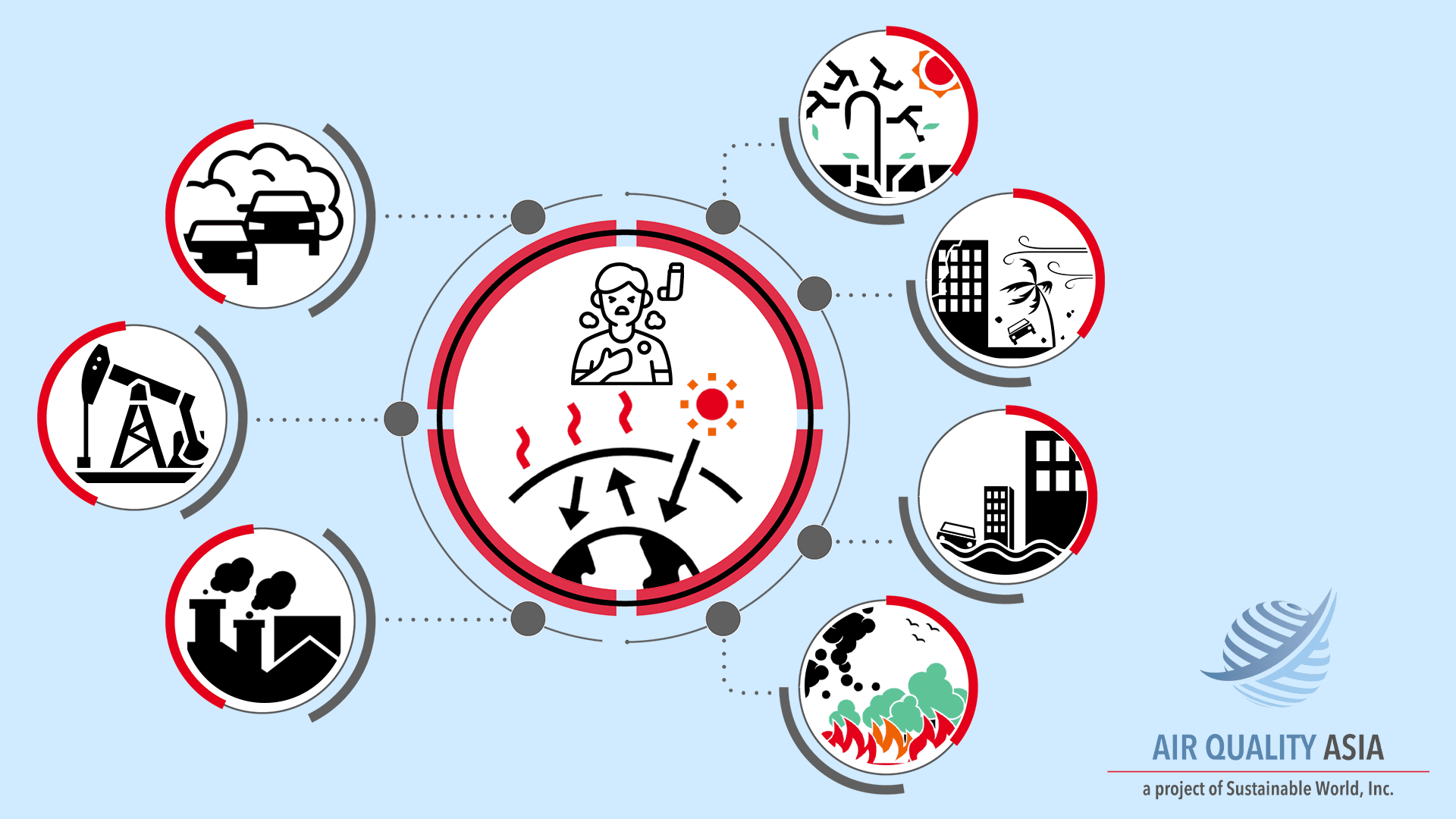
COP29 Panel on Loss & Damage Finance Mechanism: Preliminary Report
28 November, 2024
On November 18 2024, Sustainable World Inc. and its program AirQualityAsia [SW-AQA] held an event at COP29 GLOBE Parliamentary Pavilion on Loss & Damage Finance Mechanism [LDFM©]
Hosts: Sustainable World Inc. - AirQualityAsia
Location: GLOBE Parlimentary Pavilion, COP29, Baku, Azerbaijan
On November 18, 2024, at the COP29, Sustainable World Inc. and its program AirQualityAsia [SW-AQA] held a panel on the Loss & Damage Finance Mechanism [LDFMⓒ]: Preliminary Report.
The webinar was inaugurated Hon. Matthew J Nolan, Treasurer, AirQualityAsia. A welcome note from Host country was delivered by Hon. Dr. Fariz Ismailzade, MP, Director of the Institute for Development and Diplomacy, Azerbaijan. Ms. Shazia Rafi, President and Convenor, AirQualityAsia gave an introduction on Loss & Damage Finance Mechanism.
The discussion continued with expert presentations moderated by Mr. Monish Mahurkar, Acting Head, Technical Support Unit, EAG. Dr. Viral V. Acharya, CV Starr Prof. of Economics, NYU-Stern and member of Experts’ Advisory Group on LDFM discussed private sector LDFM© solutions - including Climate Stress and Mitigation of Climate Risks. Dr. Nana Riana, Deputy Director, Ministry of Finance, Indonesia gave a presentation titled “Strengthening Country Capacity for Private Sector LDFM© solutions that meet national climate goals – Indonesia’s Sukuk programme”.
Parliamentary Working Group on Loss & Damage Finance:
Hon. Naveed Qamar, MP, Chair, Finance & Revenue Committee, Pakistan, Board member, AQA
Hon. Cedric T. Frolick, MP, Chair, Oversight and Public Participation Committee, South Africa
Hon. Dyah Roro Esti Widya Putri, Deputy Minister of Trade, Indonesia, AQA Indonesia
Closing Remarks were given by Hon. Harry Duynhoven, Secretary, AQA.

Inaugural Session of Experts’ Advisory Group on LDFM©
07 February, 2024
Hosts: AirQualityAsia
Location: Webinar, New York, USA
On February 7, 2024, Sustainable World Inc. and its program AirQualityAsia [SW-AQA] held the inaugural session of the Expert Advisory Group [EAG] for the Loss & Damage Finance Mechanism [LDFMⓒ]. The session outlined three working groups within the EAG, with each group presenting preliminary findings to Parliamentary Finance Committees convened by SW-AQA by September – October 2024. The Expert Advisory Group convenes climate finance experts to develop Loss & Damage solutions for climate-vulnerable nations that bridge the funding gap between available public sector financing and investment funds through capital markets in developed nations.
The Capital Markets Finance Working Group will assess & develop financing mechanisms to attract capital from the private sector to support solutions that mitigate present climate impacts and future risks. The mechanisms include private climate risk insurance, green bonds, debt-for-climate swaps, and new blended finance mechanisms to leverage capital from private equity markets. The assessments will be grounded in climate stress tests and mitigation pathways.
The Capacity Building Working Group will develop strategies to build capacity within V-20 Climate Vulnerable nations for implementing Loss & Damage Finance from the private sector. The strategies include providing technical assistance to national treasuries, ministries of finance, and parliamentary finance committees, and creating a climate-focused investment regulatory framework in collaboration with the IFI’s to build effective L&D strategies aligned with global standards and requirements of capital markets.
The Just Transition Working Group will develop a funding framework that ensures Loss & Damage funding upholds just transition principles, including local stakeholder involvement, debt relief, and equity.

Sustainable World - Air Quality Asia Announces Formation of the Expert Advisory Group to Develop Loss & Damage Finance Mechanism [LDFM©]
14 October, 2023
Sustainable World Inc. and its program Air Quality Asia [SW-AQA] announces the formation of the Expert Advisory Group [EAG] to develop the Loss & Damage Finance Mechanism [LDFM©]. The LDFM© aims to accelerate funding for Loss & Damage in climate-vulnerable nations through Parliamentary Finance Committees and private capital markets in developed countries.
SW-AQA presented its initial report on Loss & Damage at the Parliamentary Conference at the 2022 United Nations COP27 climate conference in Egypt. The report was then discussed with the V-20 vulnerable nations group and World Bank climate finance experts Spring 2023.
“Governments alone have only 10-15% of the trillions needed to address past and future climate damages on economies and communities. Filling this funding gap requires new financial mechanisms that leverage the monetary power of the MDBs to accelerate private market capital to the climate finance sector.”
Ms. Shazia Z. Rafi, President SW-AQA
Governments and corporations in developed countries have an obligation to contribute funds to Loss & Damage for vulnerable nations. A recent study finds that the emissions from multiple oil majors alone between 1988-2015 have caused $50-200B of cumulative global economic damage by 2020.
The EAG is composed of climate finance experts from V20 vulnerable nations and like-minded developing countries. Dr. Viral Acharya states:
“I am honored to contribute to AQA’s initiative, leveraging my academic work on Climate Stress Testing and Corporate Mitigation of Physical Climate Risks, to help develop pragmatic and effective solutions that can scale up private sector investment in climate finance for countries most vulnerable to climate change.”
Dr. Viral Acharya
Joining him on the EAG is M. Hassan Agouzoul:
“I am delighted to share my expertise in the design and financing of Net Zero, resilient and inclusive transition policies for governments, businesses and local authorities while aiming to achieve the 17 SDGs.”
M. Hassan Agouzoul
Sustainable World Inc, and its program AirQualityAsia [SW-AQA] is an Observer at the UN Environment Programme [UNEP], a civil society panelist and attendee at the World Bank, and Associate with the UN Department of Global Communications. Since 2017, SW-AQA has worked on Health and Economic Impacts of Air Pollution and Climate Change with legislators and governments in South and South-East Asia.
Loss & Damage Financing Mechanism report and recommendations
11 November, 2022
COP27 delegates approved Loss & Damage as an agenda item due to successful advocacy by G77. AQA presents our Loss & Damage Financing Mechanism report and recommendations. Let us lead those still investing in carbon towards green investment.
Since 2000, climate change and associated natural disasters have impacted 4 billion lives and incurred $2.9 trillion in damages, the bulk of which are attributable to extreme weather events. This “loss and damage” is central to our understanding of the impacts of runaway climate change, particularly on the most climate vulnerable nations within the Global South.
Across 2019-2020, the average annual global financing for climate action came to $632 billion. Of this total, about 90.3% went to mitigation and 7.2% went to adaptation; the remaining 2.4% went to activities that covered both. While some of this likely addressed loss and damage, there is no clear estimate for how much it was, nor is there a clear or comprehensive understanding of mechanisms to directly address loss and damage once a climate catastrophe hits.
Article 8 of the Paris Agreement, signed in 2015, focuses on loss and damage. It states that signatory countries recognise “the importance of averting, minimizing and addressing loss and damage associated with the adverse effects of climate change,” and that they should enhance cooperation on implementing solutions.
While the inclusion of this language foregrounded the concerns of developing countries, Paragraph 52 of the Decision adopted alongside the Paris Agreement states: “Article 8 of the Agreement does not involve or provide a basis for any liability or compensation.”, thereby absolving Global North nations of direct responsibility for financing loss and damage recovery.
This means the Paris Agreement does not place any legally binding obligations on countries to address loss and damage associated with climate change, and makes no mention of financial commitments to support those countries facing significant loss and damage.
At COP26, held in Glasgow in November 2021, a network of countries known as the G77 and China called for a formal ‘facility’ to be set up to provide financial support to vulnerable nations. However, due to opposition from the EU, US and other rich nations, leaders failed to establish a relief fund to help developing countries deal with climate change-related loss and damage.
Ultimately, the agreement signed in Glasgow, known as the Glasgow Climate Pact, recognised the need for assistance from developed countries to address loss and damage but ended without concrete measures in place to deliver financial support.

![Loss and Damage Financing Mechanism [LDFM©] Expert Advisory Group-In Formation](https://www.airqualityasia.org/media/images/additional/EAG-LDFM.jpg)
